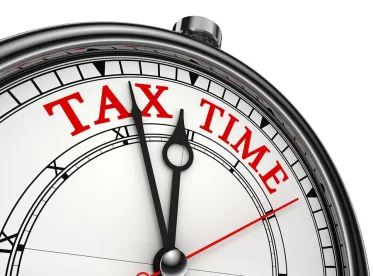On March 6, 2018, the U.S. Department of Labor (“DOL”) announced a new, nationwide pilot program which it claims will facilitate quick and efficient resolutions of Fair Labor Standards Act (“FLSA”) minimum wage and overtime violations by allowing employers to promptly pay back wages to employees and at the same time avoid time consuming litigation and fines. Cleverly named the PAID program (which stands for Payroll Audit Independent Determination), it will permit employers to self-report if they believe they have made errors in wage payments to employees under the FLSA. The DOL’s Wage and Hour Division will then assess the potential violations to determine how much the employer owes in back wages, and oversee the payments to any current or former employees to whom these payments are owed.
Under the program, employers will be expected to pay 100% of all outstanding wages owed. In other words, the PAID program does not provide an opportunity for employers to reach a compromise with employees on disputed wage claims. However, employers who participate in the program and resolve outstanding underpayments will be exempt from paying liquidated damages (which under the statute are an amount equal to the wage underpayment), penalties, and attorneys’ fees, which can often result from an enforcement action for FLSA violations.
Wage underpayments that are resolved through the PAID program will be considered final, and employees who elect to participate will be required to waive their rights to private legal action for the period of time addressed by the program. (There remains an open issue, however, as to whether the waiver will be as to all potential back pay claims, including those that could be brought under state law, or only under the FLSA.) However, employees are not required to resolve their wage underpayments through the PAID program, and they may choose to forgo any payments offered and thereby retain their private right to action against the employer (including any right to penalty payments). Furthermore, participation in the program will not foreclose a subsequent DOL investigation into an employer’s pay practices for other periods of underpayment not resolved through the program. Wage claims already subject to threatened or existing litigation, or under DOL investigation, may not be resolved through the PAID program, however, those employers may self-report about other potential violations not involved in those disputes.
Critics of the program express concern that employees will not get their statutorily-owed remedies, however, the DOL counterargument is that the PAID program serves to encourage employer compliance with the FLSA and ensure employees are promptly paid all wages owed. Secretary of Labor Alexander Acosta emphasized the PAID program serves to encourage employers to remedy existing underpayments to their employees, who without this program have no way of ensuring such resolutions without risking the potential of a legal battle and significantly more expense.
The program is only temporary at this point; it is set to last, initially, for just six months. At the end of this period, the DOL has said it will evaluate the program’s success and determine whether to continue it in the current or some modified form in the future. The program does not have an official start date, but check back here on our blog for updates once the DOL releases additional information. You may also subscribe here to receive email updates directly from the DOL.




 />i
/>i

